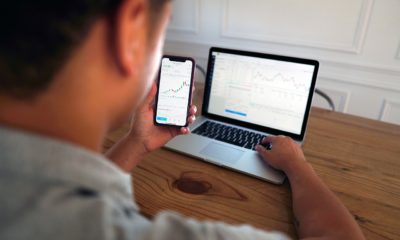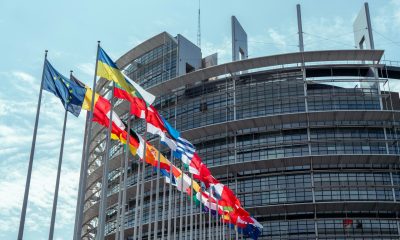Featured
Measuring PPP through the Big Mac Index
In a fundamental sense, forex trading is about the differences in the real value of currencies.
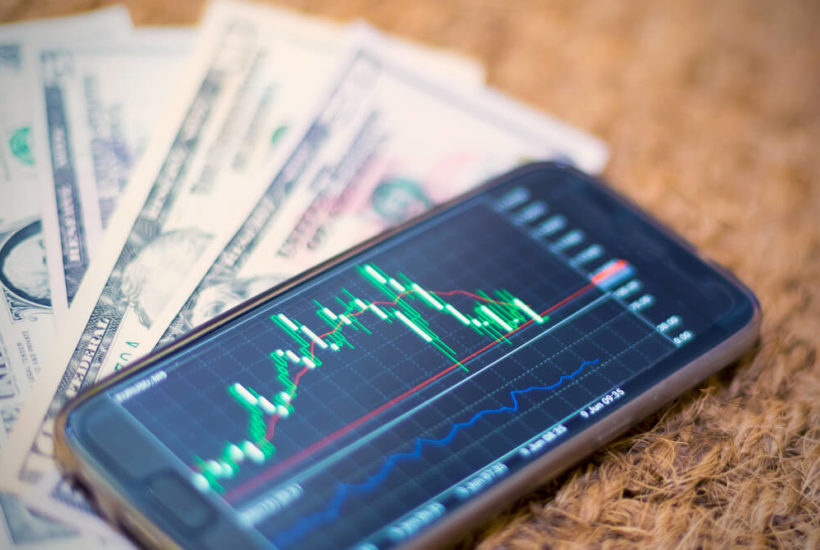
Money represents the value of a given economy. And the prices of things within a country usually determine the long term price of currencies. Currency pairs fluctuate around those differences. But what does a McDonald’s hamburger have to do with that?
The Big Mac Index
For those who don’t know, the Big Mac Index is published by The Economist. It’s an unofficial way of measuring the relative value of currencies. The technical term for it is an informal measurement of PPP (which we’ll get to later). It turns out to be reliable enough to guide policy.
How it works is that McDonald’s makes its signature hamburger with the exact same ingredients no matter where it is in the world. And, manufacturing it requires a broad mix of consumer goods. These include meat, vegetables, bread, energy, transportation, financial services, etc. Plus, we all know about McDonald’s obsession with precision and uniformity across its product ranges. So a Big Mac in Moscow is going to look, taste and feel the same as one in Kansas City, Tokio, or Lahore.
Therefore, the Big Mac makes an excellent base with which to compare the relative value of different currencies. This is because it requires the same resources and labor to produce, regardless of the monetary policy, exchange rate and other circumstances that might cause distortions in the currency.
PPP in forex
Traders call the formal and sophisticated version of this: Purchasing Power Parity. We calculate this in order to compare economic variables between countries without the distortion of exchange rate variations. However, it often is criticized based on the criteria for how the exchange effect is calculated. And, because of that, it’s not as useful for forex traders since the exchange rate is what we’re specifically interested in.
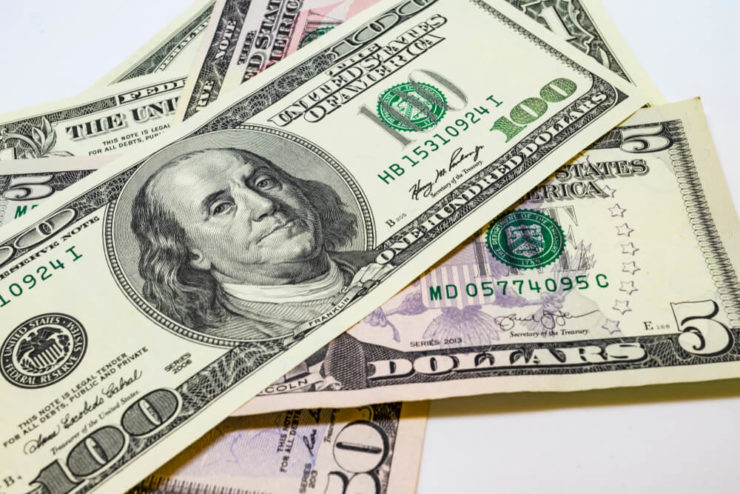
Money represents the value of a given economy. (Photo by yilmazsavaskandag via Shutterstock)
However, the Big Mac Index is still a tangible way of demonstrating this concept. And, it has the advantage of being a market-based objective product, instead of an academic economic concept.
How to use the Big Mac index
The index only comes out once a year. So, evidently, it’s not useful as a day trading indicator. However, it’s handy to understand the long-term effect of the economy on the currency and vice versa.
The idea is to determine which currencies are overvalued relative to others. The theory behind PPP is that currencies should equalize around the value of similar products. A country in which it requires more local currency to buy a Big Mac than another implies that the currency has a lower intrinsic value.
If the difference between the prices of hamburgers is not the same as the difference in the currency prices, then it implies that the currency is either overvalued or undervalued. Arbitrage would suggest that currencies that aren’t in line with their intrinsic values will equalize.
Does that happen? Well, yes and no. Evidently, the economy of an entire country is more complicated than a simple hamburger. However, the concept of currencies becoming overvalued and undervalued because of exchange rates is a documented phenomenon. And it is one of the driving factors of long-term currency moves.
Whether you follow the Big Mac Index, or more rigorous analysis of the value of a currency, such as one of the different versions of PPP, your fundamental analysis of currency pairs and their long term trends can be aided by keeping track of the real value of goods in the two economies.
(Featured image by Artem Postoev via Shutterstock)
—
DISCLAIMER: This article expresses my own ideas and opinions. Any information I have shared are from sources that I believe to be reliable and accurate. I did not receive any financial compensation for writing this post, nor do I own any shares in any company I’ve mentioned. I encourage any reader to do their own diligent research first before making any investment decisions.

-

 Crowdfunding2 weeks ago
Crowdfunding2 weeks agoItalian Alternative Finance Players Unite to Form New EGM-Listed SME Hub
-

 Cannabis2 days ago
Cannabis2 days agoCannabis and the Aging Brain: New Research Challenges Old Assumptions
-
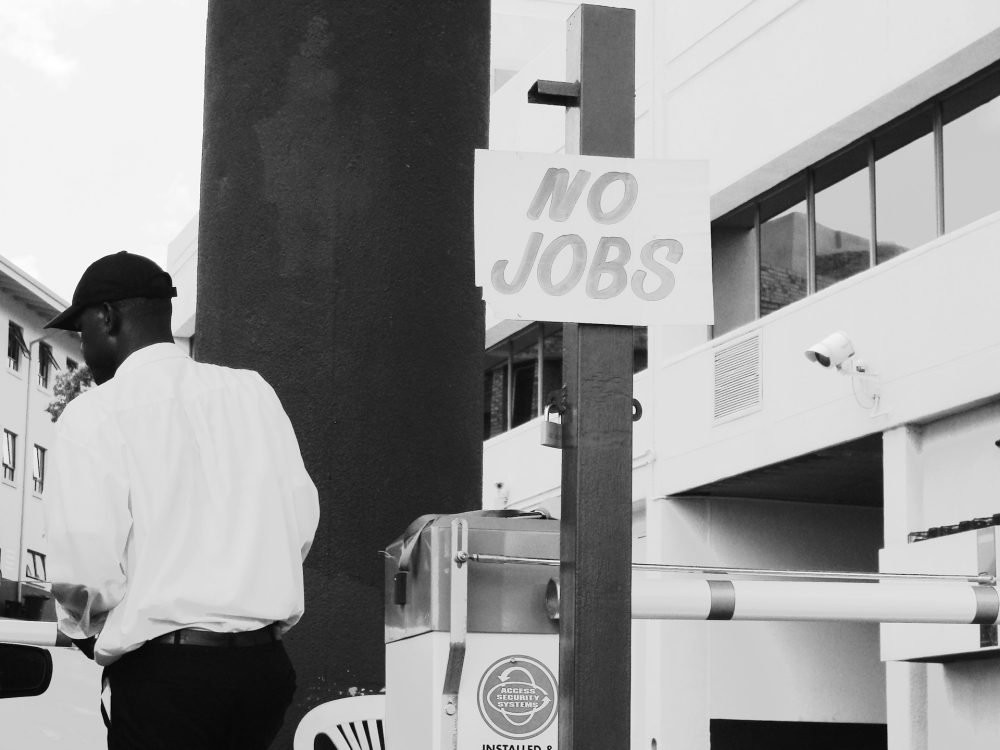
 Africa1 week ago
Africa1 week agoUnemployment in Moroco Falls in 2025, but Underemployment and Youth Joblessness Rise
-

 Fintech7 days ago
Fintech7 days agoFintower Secures €1.5M Seed Funding to Transform Financial Planning
